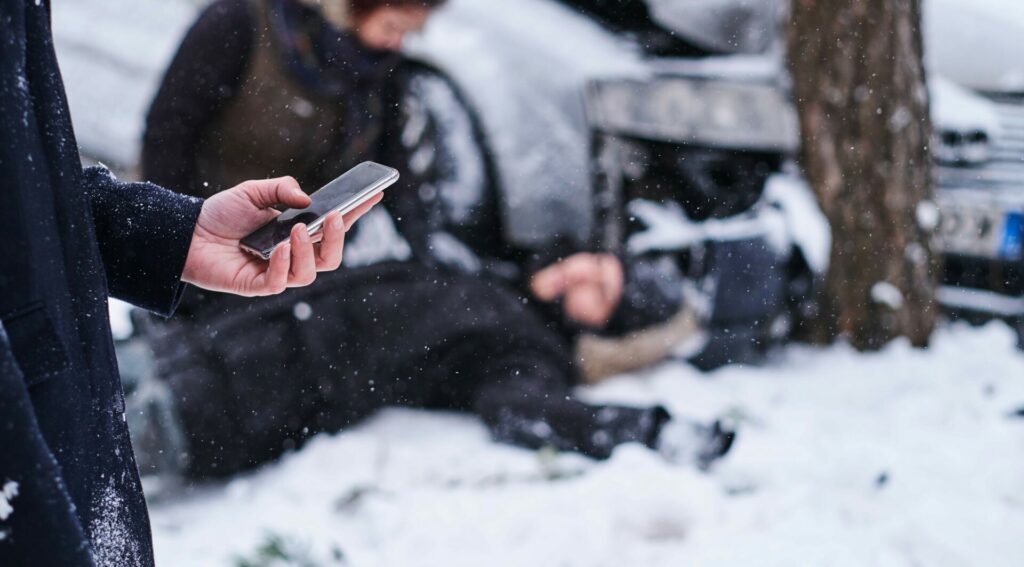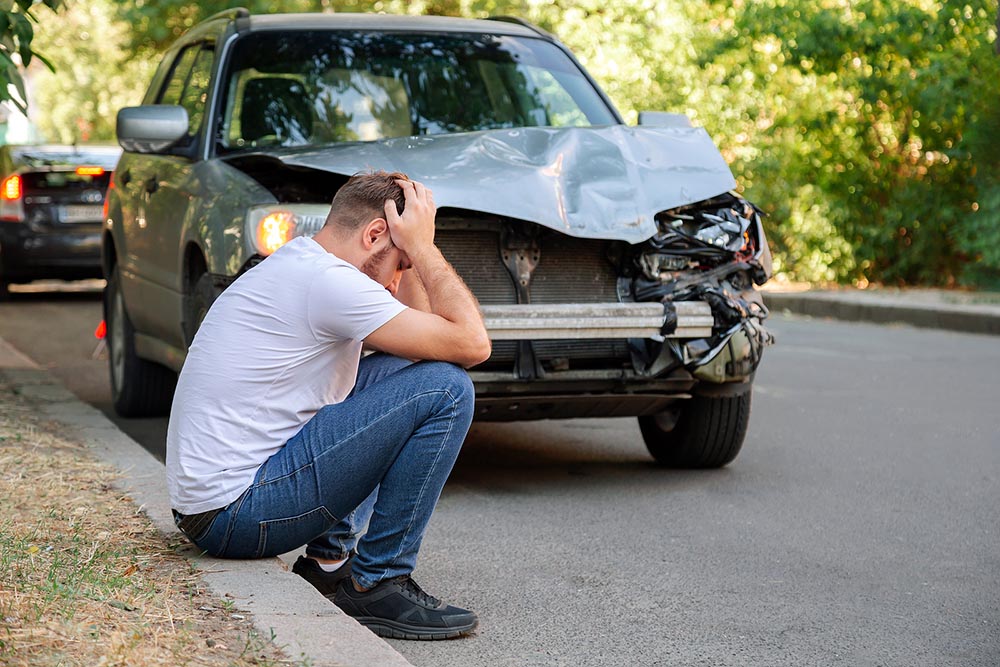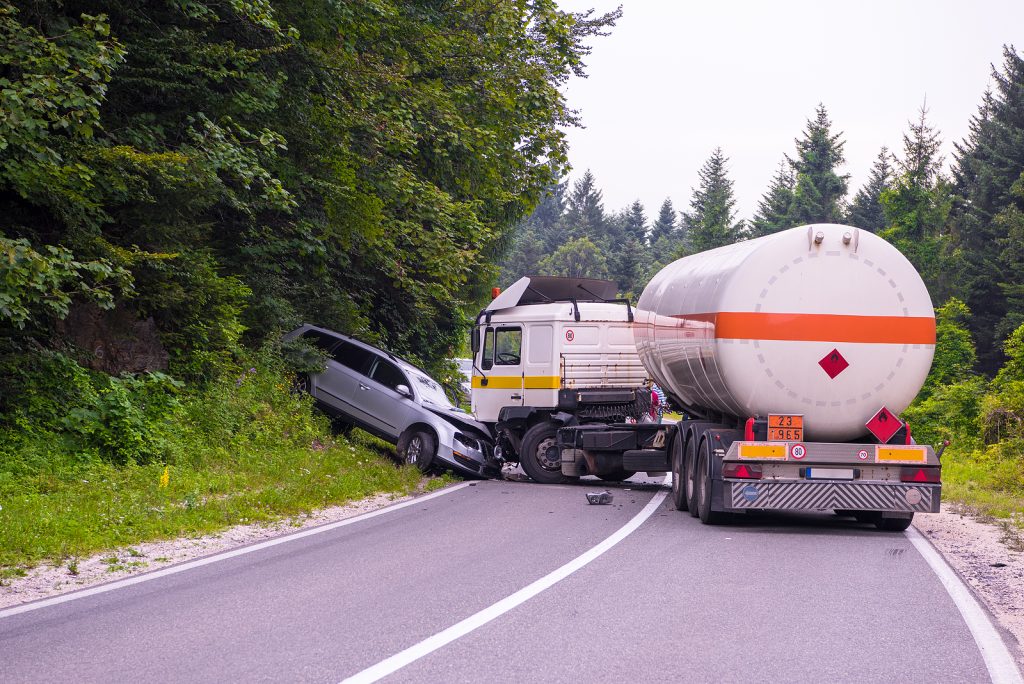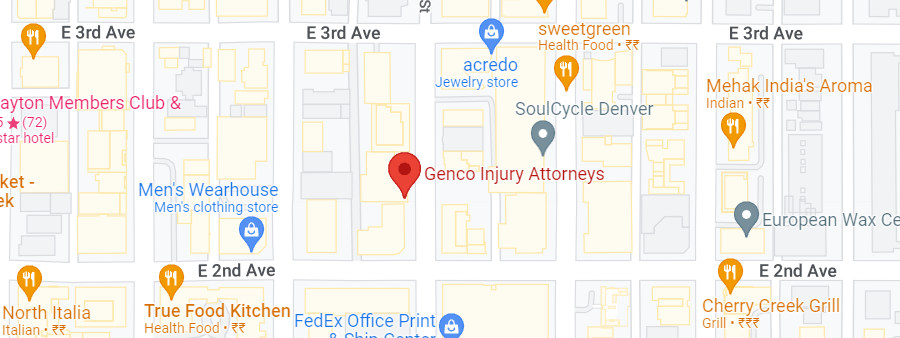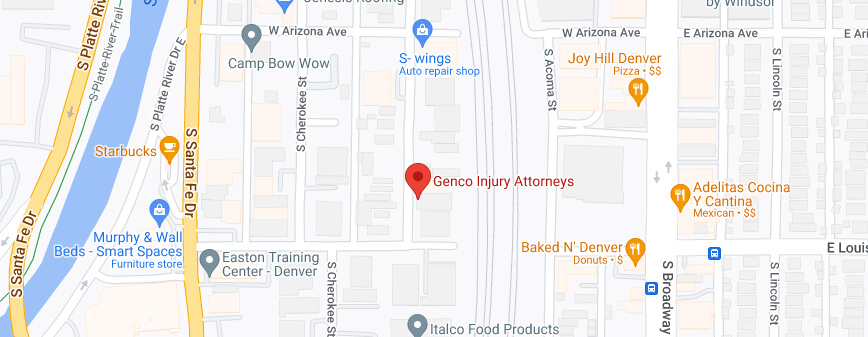It may start as doing a simple favor for a friend. They need to borrow your car to run errands or drive someone to the airport. But the simple favor becomes complex quickly when they have an accident while driving your vehicle. Read on for what you need to know in this situation.
Who Is Responsible for the Accident?
If there is damage to the vehicle and/or injuries to the driver, the question is who is responsible for paying for repairs and out-of-pocket medical expenses. That’s not always a simple question to answer. If the driver of your car caused the accident, they have some liability, but your insurance policy will likely be the first to handle claims. If another driver caused the accident, that driver should be liable. However, in some cases, both drivers may be at fault, and each will have some liability.
What Is Negligent Entrustment?
Negligent entrustment is a concept followed in Colorado law that could hold the vehicle owner responsible if they loan their car to someone who has an accident. The concept says that if the car owner had reason to believe that the driver would use the car in a manner unsafe either to themselves or to others, then the owner can be held liable.
Some examples of negligent entrustment include loaning the car to:
- Someone under the influence of drugs or alcohol.
- Someone without a driver’s license, whether because they haven’t earned one yet or because it’s been suspended.
- Someone known to drive recklessly, especially if they’ve caused accidents in the past.
- An elderly person who may no longer be able to drive safely.
- Someone known to have a medical condition that could impair their ability to drive.
If you loaned your car to someone you reasonably should have known was not safe to drive, and they caused an accident that injured someone else, the injured party could claim damages from you. However, they would have to prove that you knew of the driver’s unsafe status.
Whose Insurance Will Be Used?
In Colorado, as in many other states, car insurance is attached to the vehicle, not the driver. That means that even if your friend were driving, your insurance would be the primary source of compensation. If the driver has car insurance, too, that may end up being a secondary source of compensation. That usually happens if the amount of damages exceeds the total for the primary insurance. For example, if your coverage will pay a maximum of $50,000, but the damages are determined to be higher than that, the driver’s policy may be charged with the remainder.
If the other driver was entirely at fault for the accident and the person driving your car is injured, both of you could file claims with the other driver’s insurance for the injuries and the damage to the car.
How Is Fault Determined in Colorado?
Colorado is what’s known as a modified comparative negligence state. That means that each party in a car accident can be held liable for a portion of the accident. For example, someone runs a red light and hits someone who is speeding. Both drivers have some responsibility for causing the accident.
However, if one driver is determined to be more than 50% responsible for the accident, they can no longer claim damages from the other party. In a pure comparative negligence state, someone can be 99% at fault and still claim 1% of the damages. This is why it’s important to have an experienced personal injury attorney on hand if there are disputes regarding the proportion of blame each driver has.
What Is the Minimum Amount of Car Insurance Required for a Car Owner in Colorado?
Colorado requires what’s known as 25/50/10 minimum liability for car owners:
- $25,000 per bodily injury per person and $50,000 per bodily injury per accident. This is for accidents that cause physical injuries or death.
- $15,000 for property damage, whether to the vehicle itself or to other physical items such as fences, buildings, etc.
It’s important to understand that if injuries or bodily damage exceed these amounts, that could come directly out of your pocket. These are the minimums required, but given that damages in a severe car accident could easily climb past those minimums, it’s worth considering having higher coverage if you can afford it.
Should My Friend Have Car Insurance of Their Own if They’re Going to Drive My Car?
Because insurance is attached to the car, not the driver, the only time the driver is required to have car insurance is if they own a car. If they don’t own a vehicle, they’re not required to have insurance.
That’s one reason to reconsider loaning your car to someone who doesn’t own one: you could end up with extensive bills. If the other driver owns a car and has insurance, that secondary insurance could make up the difference if the damages go beyond your coverage.
What Should I Do if My Friend Borrowed My Car and Had an Accident?
Call me at 303-500-1376 for a free case evaluation. Liability in personal injury cases can be complicated. Having an experienced, knowledgeable attorney working with you can be beneficial. In cases where more than one car was involved, and there’s the probability of varying levels of fault, bringing in an attorney is advisable to handle evidence collection and negotiations with insurance companies and other attorneys.





